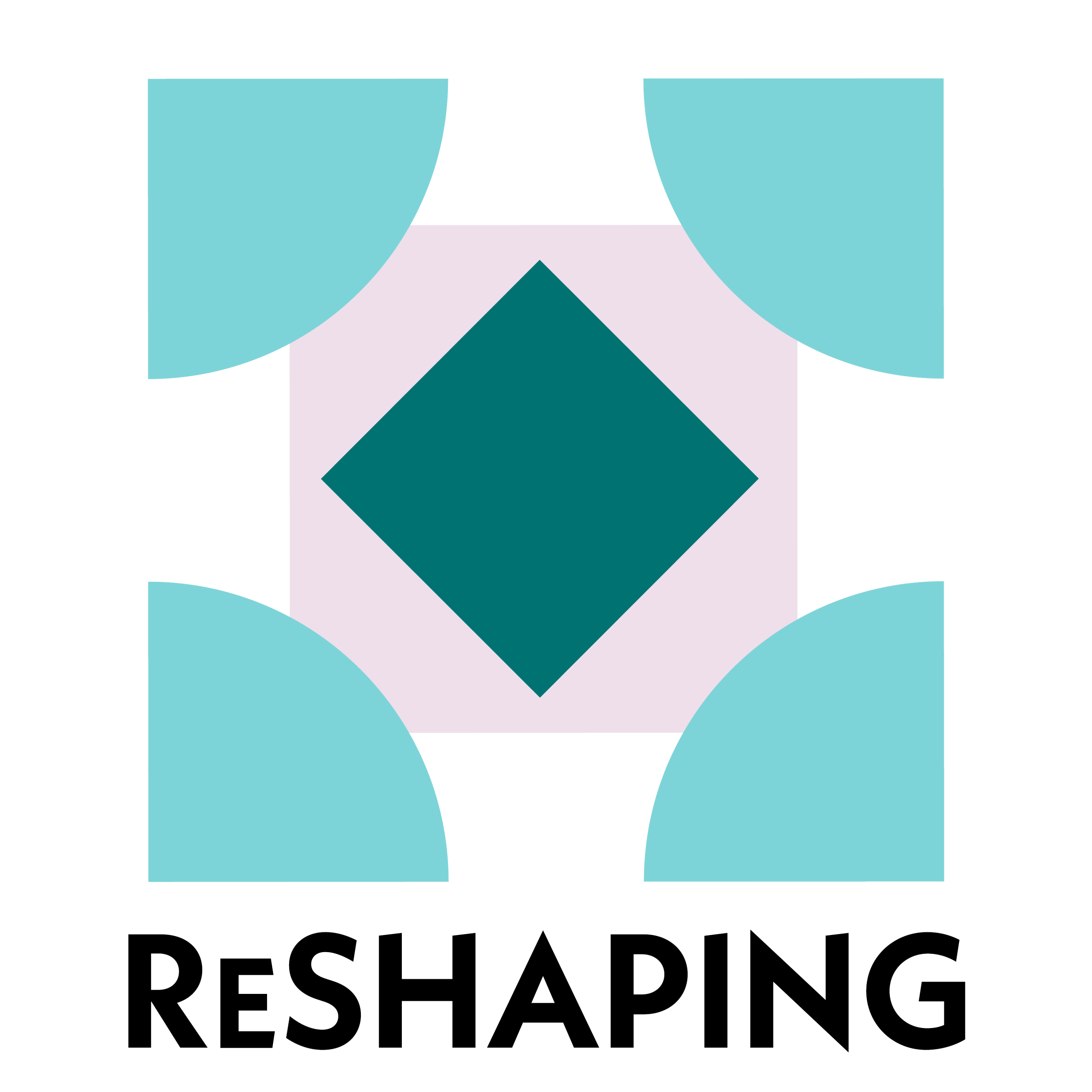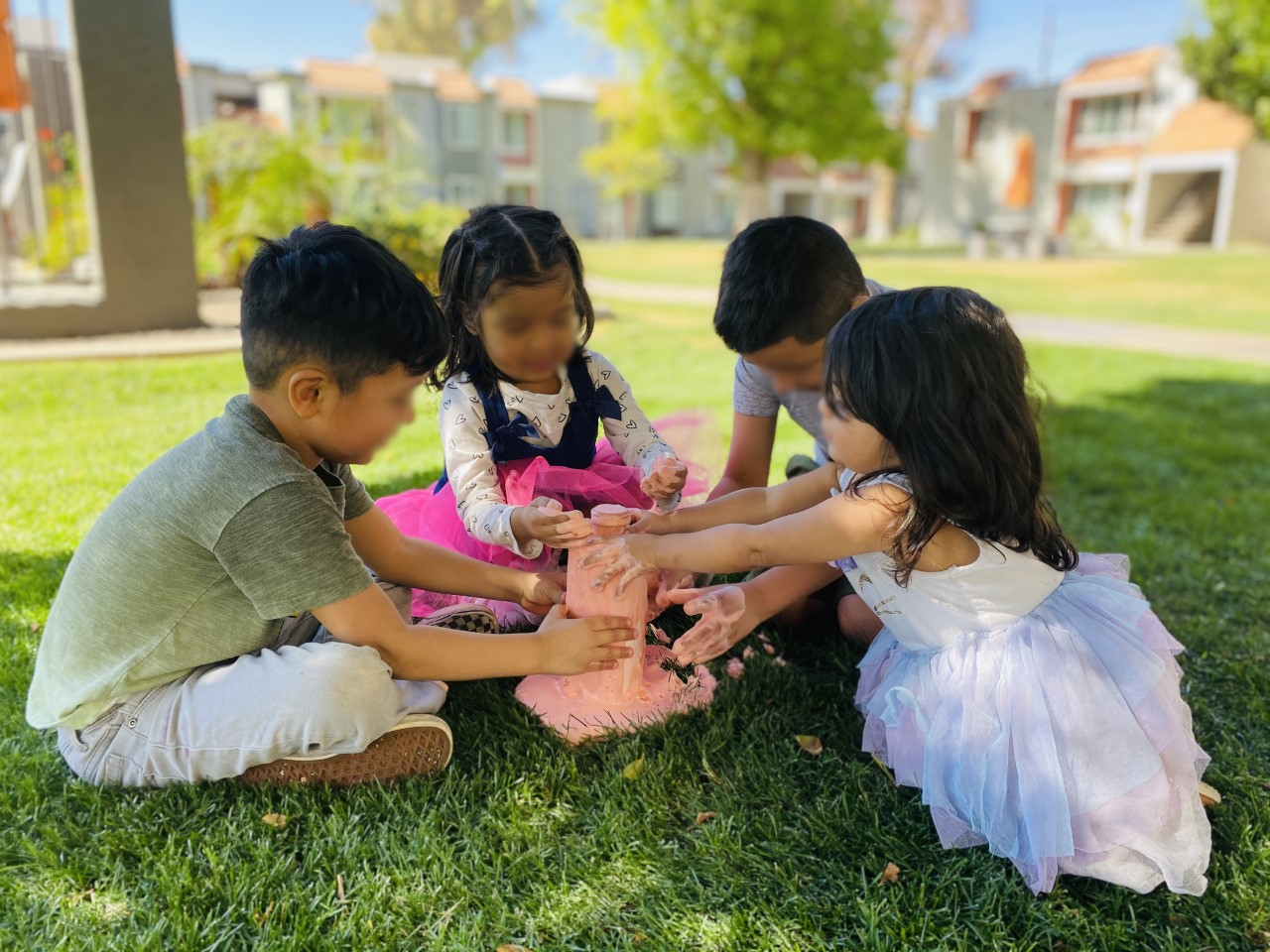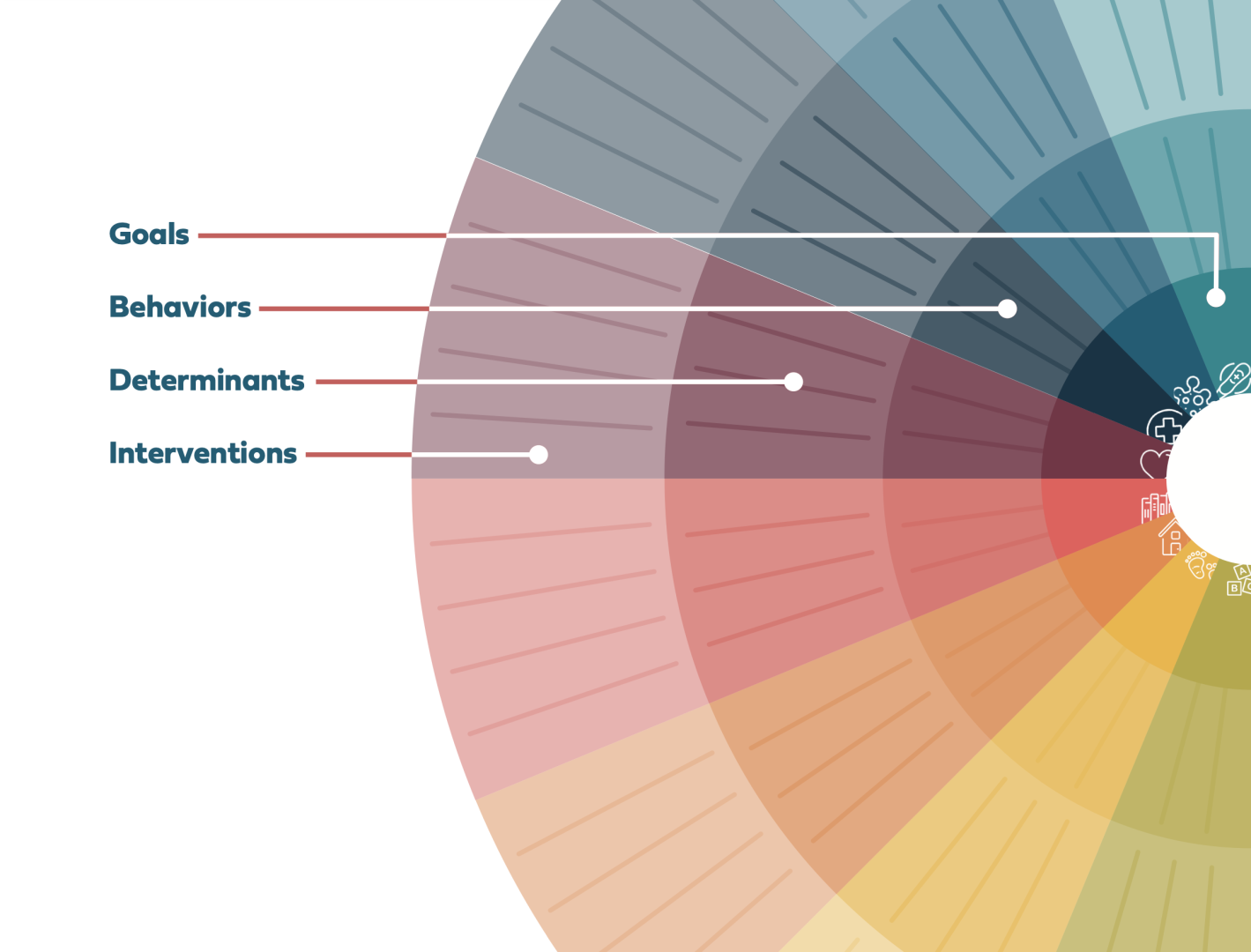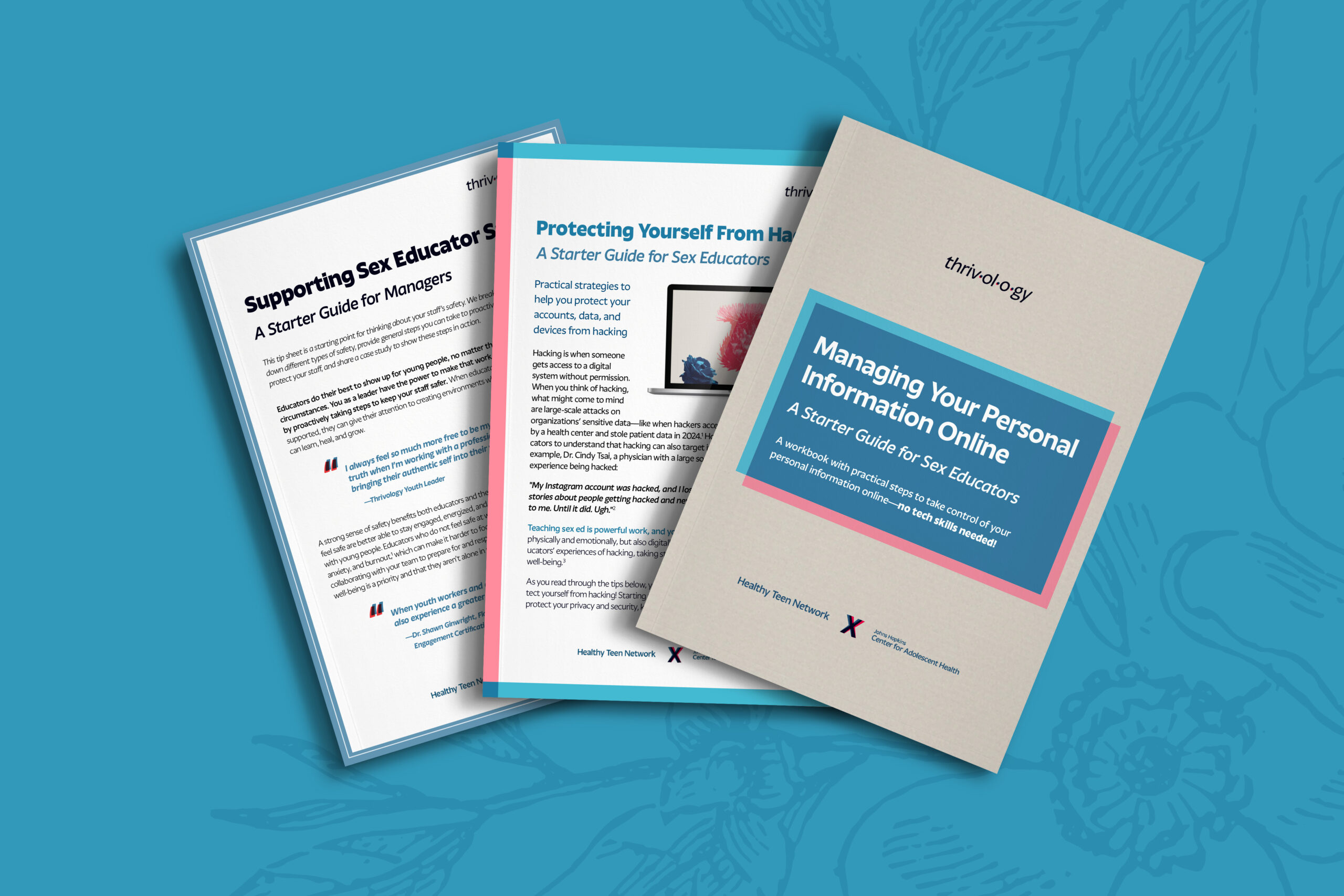Being a student parent is a unique and challenging experience that often goes unnoticed. Only recently has there been increased awareness about the need to have colleges and universities address the needs of students who are parents. A pilot study was conducted across three universities—two northeastern and a southeastern university—to understand the experiences of student parents and identify ways to better support them. The project utilized a community-based approach, whereby an Advisory Council consisting of undergraduate student parents and university administrators reviewed the preliminary findings to ensure resonance and alignment with the target population: undergraduate student parents. Findings were then refined to strengthen the quality of the analysis. The findings revealed four critical themes: belonging, navigation, community, and intergenerational impact.
Belonging
Student parents often feel like they exist on the margins of student life and culture. Their sense of belonging is conditional and influenced by external factors such as age demographics and social spaces. Many student parents feel disconnected from student life due to the lack of visibility and tailored resources for them. Dionra, a student mom, poignantly expressed this sentiment: “I feel like I belong, but I don’t. It’s kind of like I’m in, but I’m out, too.”
Navigation
Balancing the dual identities of being a student and a parent is no easy feat. Student parents constantly juggle responsibilities, time management, and prioritization of their children and schoolwork.
Balancing the dual identities of being a student and a parent is no easy feat.
Despite these challenges, many student parents demonstrate a strong ability to navigate between these identities. Emily, a student mom, shared her experience: “The divide of putting your child first, but also putting your education not last.”
Community
The need for community among student parents is profound. Many student parents feel isolated and express a strong desire to connect with peers and other student parents. Those who leverage existing support networks and family systems often thrive and create their own spaces in opposition to non-supportive academic systems. Barthelolemule, a student dad, emphasized the importance of support networks: “For student parents, I do feel that having some sort of support network, especially if they’re single parents, would be extremely beneficial.”
Many student parents draw motivation from their role as parents and see their educational journey as important for encouraging their children.
Intergenerational Impact
Attending college and pursuing a degree is not just about personal achievement for student parents; it’s also about inspiring their children and setting an example. Many student parents draw motivation from their role as parents and see their educational journey as important for encouraging their children. Abi, a student dad, reflected on this: “I feel like when I saw that I was going to be a parent, I felt that I needed to gain a higher level of education [to] help me maybe further progress in my career. And since then, [being a parent] has been one of my motivations to continue onward with school and try to finish.”
Recommendations
To better support student parents, several recommendations emerged from the pilot study. First, there is a communication and knowledge gap. Student parents often learn about available services through happenstance or their own searches, indicating that information is not readily communicated to them. Maria, a student mom, highlighted this issue: “I feel like if you’re a student parent at [my university], you’re just under the radar, like you’re just a normal student. There’s nothing different. There’s nothing changing.”
Second, tracking and identification of student parents systematically across campus could enhance information-sharing networks, such as newsletters or email listservs. Jane, a student mom, pointed out the lack of systematic identification: “I don’t know if I get emails about being a student parent because my child goes to [my university’s childcare center]. Or does everybody get it? Because I don’t know. It wasn’t like it was on my application…I don’t know how they would know I was a student parent.”
Conclusion
Student parents face unique challenges that require tailored support and resources. By addressing the themes of belonging, navigation, community, and intergenerational impact, colleges and universities can create a more inclusive and supportive environment for student parents. Implementing the recommendations from this study can help bridge the communication gap and ensure that student parents receive the support they need to thrive both academically and personally.
PHOTO BY: CHARLES DELOYE
Svetlana Shpiegel, Ph.D., is a Professor in the Department of Social Work and Child Advocacy at Montclair State University, New Jersey. Her research focuses primarily on children, youth, and families involved with the child welfare system and other systems of care. She is particularly interested in early pregnancy and parenthood among youth in foster care; the effects of early parenthood on youths’ socioeconomic outcomes; and the intersection between substance misuse and child welfare involvement. Dr. Shpiegel has expertise in both quantitative and qualitative research methodologies, including working with large administrative datasets and conducting community-engaged research. Her work has been published in leading social work journals and funded by several large foundations. Read more about Svetlana Shpiegel.
Elizabeth Aparicio, Ph.D., is an associate professor in the Behavioral and Community Health department in the University of Maryland School of Public Health. She directs the Community THRIVES Lab, a research group that conducts community-engaged transformative health research at the intersection of family violence, early childhood, and adolescent sexual health intervention. She is also the deputy director for clinical training and intervention for the University of Maryland Prevention Research Center. Read more about Elizabeth Aparicio.
Carson Peters, MPH, is a Ph.D. candidate in the Behavioral and Community Health Department at the University of Maryland School of Public Health. Her work focuses on leveraging community engagement practices to advance inclusive health and educational spaces. Carson has conducted research on various topics surrounding reproductive health at the National Institutes of Health, Harvard Global Health Institute, and the Harvard School of Public Health. She has also supported educational initiatives and pathway programs across multiple colleges and universities. Carson has served in various community partnership capacities, underscoring her interests in community-based work. Currently, Carson works at the Community THRIVES Lab, which focuses on projects about supporting undergraduate parents and, more broadly, adolescent parenting in higher education.
Francia Ximena Marin Gutierrez is a Research Coordinator for the Rosie the Chatbot study in the Behavioral and Community Health department in the University of Maryland School of Public Health. She holds a master’s degree in social work from Howard University and a bachelor’s degree in psychology from Marymount University. She is currently pursuing a certificate program at the University of Maryland in Nonprofit Management and Leadership. Her areas of interest are social justice, women and children’s welfare, leadership development, and cultural competence development. She is passionate about working with diverse communities.
Janet Max, MPH, CHES, is the Healthy Teen Network President & CEO and oversees our strategic planning and pursuit of our vision and mission. When not talking about bodies over dinner with her two kids, she can be found working her way through her endless stack of books. Read more about Janet.
Lisa Schelbe, Ph.D., MSW, is the Associate Dean for Academic Affairs and Jeanene M. Janes Professor in Child Welfare at the Florida State University College of Social Work. Her books Foster Parent Collaboration: A Guidebook for Social Workers and Other Professionals and Some Type of Way: Aging out of Foster Care are available anywhere books are sold. Read more about Lisa Schelbe.








